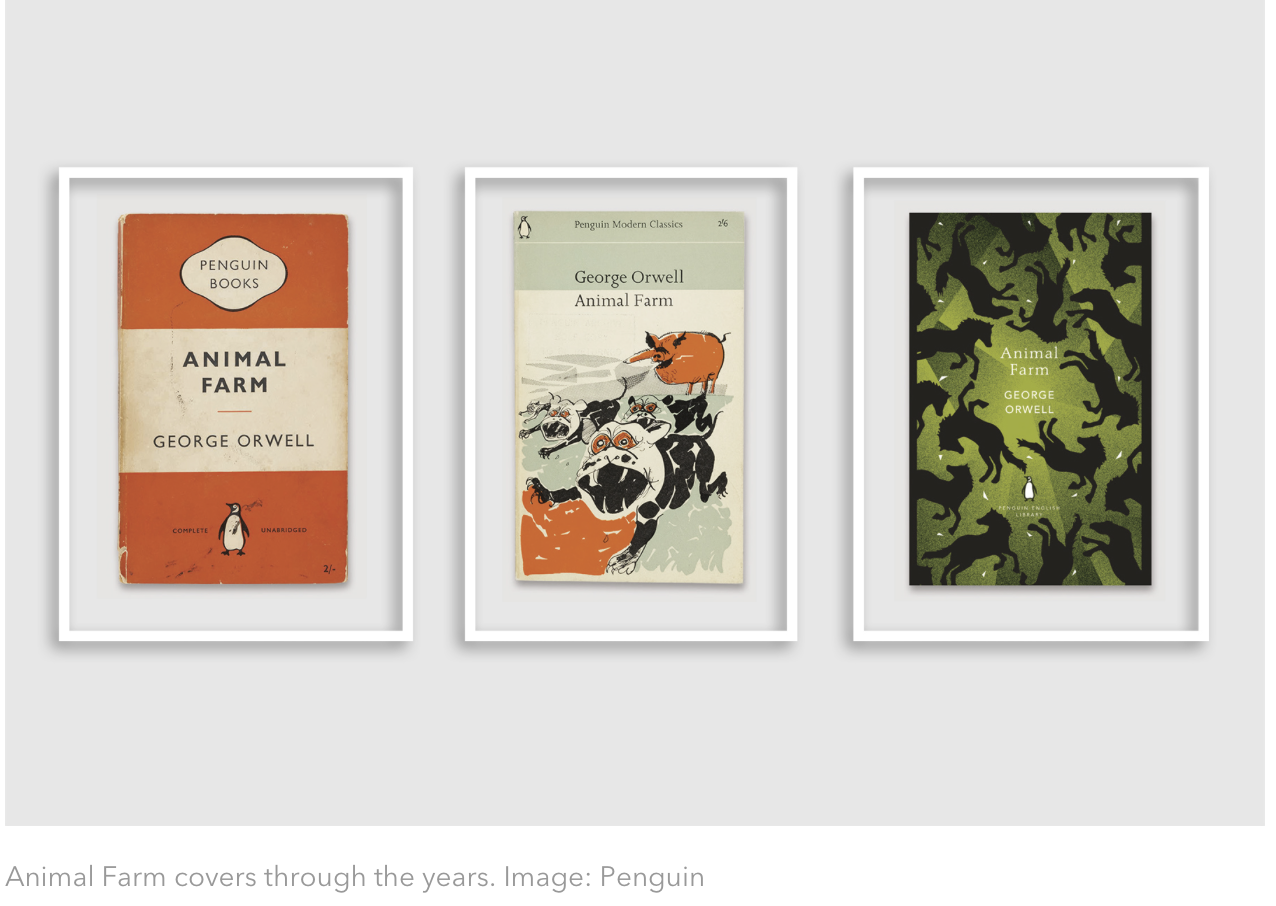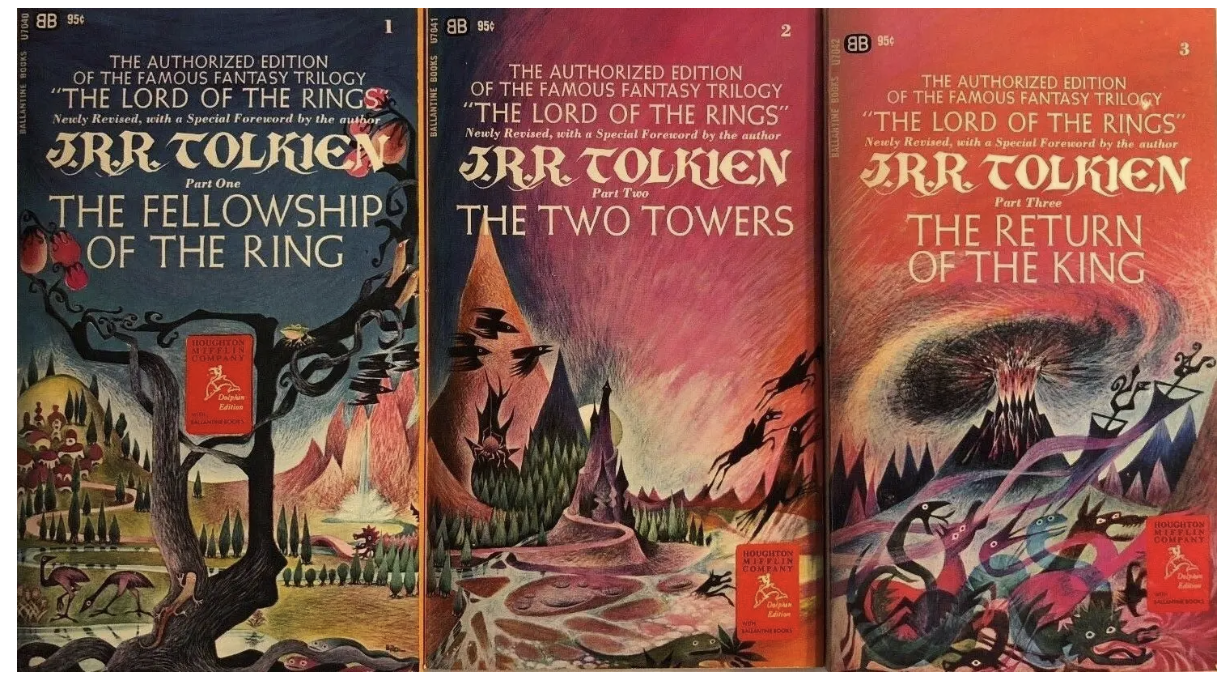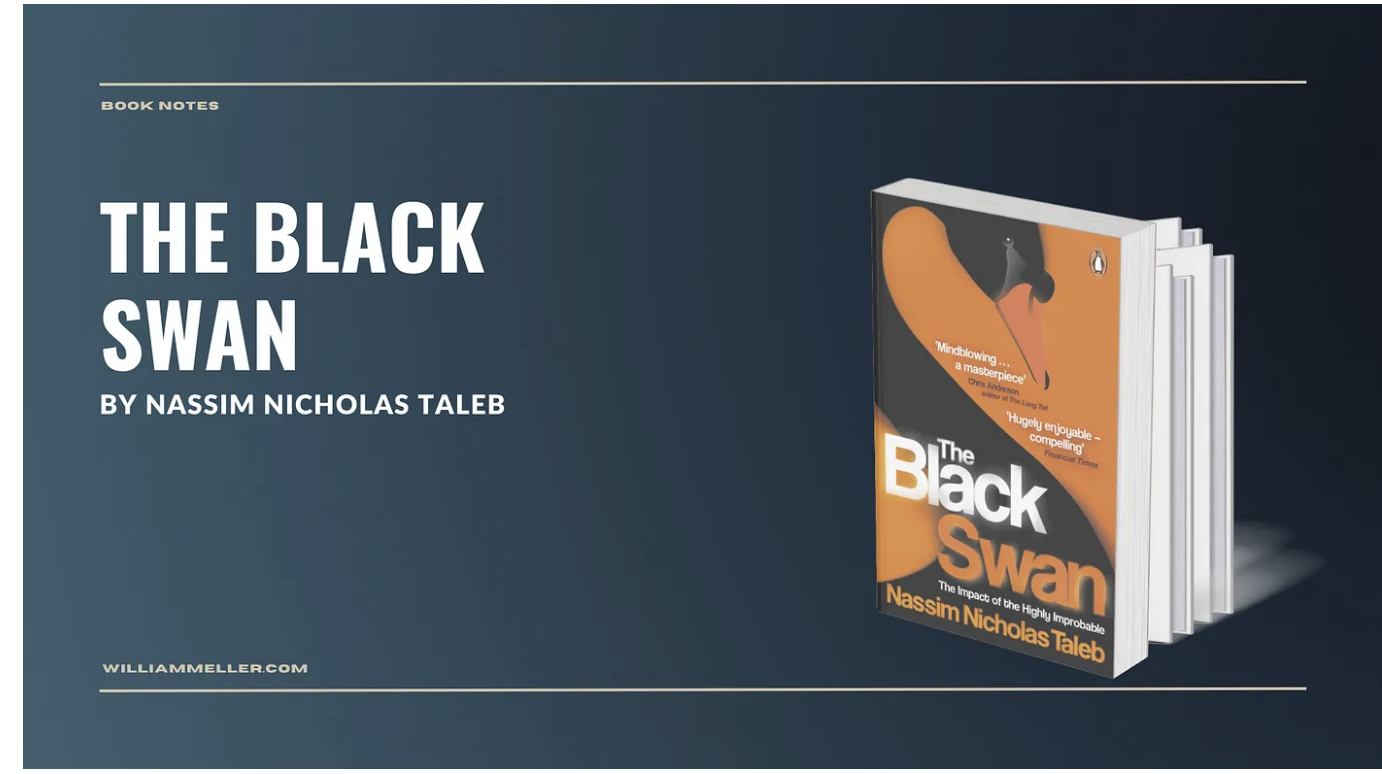Turning Pages, Changing Worlds: Why Publishing Matters

Book publishing has been a transformative force in human civilization, shaping the dissemination of knowledge, culture, and ideas across generations.
Since the advent of the printing press, publishing has democratized information, breaking the elite’s monopoly over knowledge and empowering people with access to a wealth of learning.
It has been instrumental in sparking revolutions, fostering democratic ideals, and fueling the advancement of science and technology.
Publication of groundbreaking works in philosophy, literature, and science has challenged societal norms, propelled social change, and expanded the boundaries of human thought.
The impact of book publishing extends beyond mere entertainment; it serves as a catalyst for progress, a record of human history, and a testament to the enduring power of the written word.
Key takeaways
- Masterpieces transcend time and culture, offering profound observations on the human condition and society that continue to inspire and captivate. The meticulous process behind crafting both fiction and non-fiction masterpieces involves a deep understanding of human nature and society, thorough research, and a commitment to the written word.
- Self-publishing has transformed the literary landscape by enabling authors to bypass traditional pathways, utilizing digital technology to directly reach audiences. This streamline is not to be understood as a pathway to works of lesser value but as an acknowledgment from authors that they are able to conduct this process themselves.
- The integration of AI prompts a critical examination of ethical issues and the authenticity of AI-generated content, highlighting the irreplaceable value of human creativity and the challenges in distinguishing between human ingenuity and machine efficiency.
This write-up goes over:
The Art and Craft of Writing a Masterpiece
The attributes of a chef d’ouvre
A masterpiece [chef d'œuvre] is distinguished by its unparalleled excellence, timeless appeal, and profound impact on its audience and subsequent generations.
It must fulfill several intrinsic qualities:
1. Universality
A masterpiece possesses themes and insights that transcend cultural and temporal boundaries, resonating with readers from diverse backgrounds and epochs.
2. Cultural and historical significance
A masterpiece often captures the essence of a particular era or culture, providing insights into its values, conflicts, and aspirations. It also influences cultural and artistic trends, shaping the trajectory of future works.
3. Enduring relevance
Despite time passing, a chef d'œuvre remains relevant, continuing to inspire, challenge, and captivate readers, artists, and thinkers.
4. Depth of insight
It offers profound observations on the human condition, society, or the natural world, providing wisdom and reflection that invite more profound understanding and contemplation.
5. Emotional resonance
A chef d'œuvre connects with readers on an emotional level, eliciting a wide range of feelings and fostering a deep, empathetic engagement with its characters and narratives.
6. Originality and creativity
It breaks new ground, offering original ideas, innovative narrative techniques, or unique stylistic expressions that set it apart from other works.
7. Excellence in writing
Mastery of language, narrative structure, and character development showcase the author's skill and attention to detail.
The craft behind the work
1. The case of fiction
The creation of a world that never existed, characters that breathe life into the pages, and narratives that captivate and transport readers require not just talent but a profound understanding of human nature and society.
Fiction writers excel in the art of observation, transforming mundane realities into compelling stories and weaving complex emotions into the fabric of their characters.
Their mastery lies in their ability to reflect the vast spectrum of human experience, making the imaginary feel undeniably real and deeply resonant.

Animal Farm by George Orwell is considered a masterpiece for its powerful allegory of the Russian Revolution and the broader critique of totalitarianism.
Its brilliance lies in Orwell's ability to use a farm with talking animals to represent complex human political history and ideologies, making profound observations on power, corruption, and societal structure accessible and engaging.
The simplicity of the narrative, combined with its depth of insight and universal themes of freedom, oppression, and the cyclical nature of power, resonates across cultures and generations. Orwell’s clear, concise language and memorable characters illustrate the dangers of unchecked authority, cementing Animal Farm as a timeless cautionary tale.

The Lord of the Rings by J.R.R. Tolkien is hailed as a masterpiece for its unparalleled contribution to the fantasy genre, introducing readers to an intricately detailed world rich in history, language, and culture.
The narrative's depth, drawn from Tolkien's extensive knowledge of mythology and linguistics, along with its themes of sacrifice, loyalty, and the triumph of the human spirit, have earned The Lord of the Rings a revered place in literature, captivating readers with its complexity and imaginative breadth.
2. The case of non-fiction
Nonfiction writers seek truth and clarity, armed with relentless curiosity and a commitment to research.
Their work is grounded in the meticulous gathering and analysis of facts, whether they're chronicling historical events, exploring scientific phenomena, or dissecting societal trends.
The hallmark of a non-fiction masterpiece is its ability to illuminate complex subjects with lucidity and insight, making the inaccessible accessible and the overlooked compelling.
These authors wield the power of knowledge, drawing from a well of expertise and thorough investigation to educate, challenge, and inspire their readers.

The Black Swan by Nassim Nicholas Taleb is considered a nonfiction masterpiece due to its groundbreaking exploration of the impact of highly improbable and unpredictable events on the world.
Taleb introduces the concept of Black Swan events—occurrences that are outside the realm of normal expectations, carry a massive impact, and are often inappropriately rationalized with the benefit of hindsight. His compelling narrative challenges conventional wisdom about risk, uncertainty, and our ability to predict the future, compelling readers to reconsider how they understand the world.
Taleb's mastery lies in his ability to synthesize complex concepts from economics, finance, psychology, and philosophy into an accessible and engaging discourse. He draws on a wide range of examples, from the rise of the internet to the 2008 financial crisis, illustrating the pervasive influence of Black Swans.
His provocative insights encourage critical thinking and have significant implications for how individuals, businesses, and governments approach planning and decision-making.
The Guardians of the Written Word
The work of authors is then passed on to editors who have played a pivotal role in the literary and publishing world. They serve as the unsung heroes behind the scenes, curating content with a steadfast commitment to quality, truth, and distinction.
Their work, often shrouded in the quiet corners of publishing houses, has been instrumental in shaping the literary landscape, ensuring that the works that grace our shelves and digital libraries meet the highest standards of excellence.
Editors have long been the guardians of the written word, meticulously combing through manuscripts to refine and polish, preserving the author's voice while enhancing clarity, coherence, and overall impact. Their pledge to quality transcends mere grammatical precision; it encompasses a broader dedication to the integrity of the work, ensuring that each published piece contributes meaningfully to the cultural and intellectual discourse.
In an era where information is abundant yet often misleading, editors stand as gatekeepers, vetting facts, challenging assertions, and upholding the tenets of factual accuracy and reliability.
This dedication to truth is particularly evident in non-fiction, where the distinction between informed insight and misinformation can shape perceptions and influence societal understanding.
Nurturing talent
Editors have been instrumental in identifying and nurturing literary talent, often working with authors to develop their skills and refine their narratives.
This partnership has given rise to valuable household names in publishing houses, with editors often being the critical link between emerging writers and their future success.
Through their keen eye for potential and their commitment to mentorship, editors have helped launch the careers of countless authors, contributing to the rich diversity of voices in the literary canon.
The distinction held by reputable publishing houses today is in no small part due to the diligent efforts of their editors. These institutions owe much of their prestige and trustworthiness to the editors' unwavering standards of quality, dedication to truth, and ability to discern and cultivate distinction in literature.
The Self-Publishing Revolution
Self-publishing emerged as a significant paradigm shift, challenging the traditional creation, editing, and publishing pathways.
Digital platforms and technology have democratized the publishing industry, enabling authors to take control of their publishing journey, from the inception of an idea to its placement in the hands of eager readers.
This democratization has unlocked unprecedented opportunities for writers, particularly those who may have been marginalized or overlooked by traditional publishing houses. It has fostered a diverse and vibrant literary culture where niche genres and unique voices find expression and an audience.
Fostering excellence as a self-published author
Self-published authors are redefining the landscape of literature, demonstrating that masterpieces are not confined to traditional publishing avenues. These authors ensure their works meet high-quality standards through meticulous attention to the crafting process.
In the era of digital immediacy, the creation of a self-published masterpiece remains anchored in the preparatory stages, underscoring that thoroughness is essential.
Here is how to achieve this as a self-published author.
1. Research
Begin with deep, comprehensive research, extending far beyond quick online searches. Delve into libraries, engage with primary sources, and seek out expert interviews to ensure your work rests on a solid foundation of authenticity and accuracy.
This commitment to depth in research lays the groundwork for a narrative that not only captivates but educates and endures.
2. Writing
Prepare by crafting detailed outlines, character sketches, and setting descriptions, ensuring every element serves the story’s core and enriches the reader's experience.
This level of preparation enables authors to navigate their narratives with precision, weaving complex themes and intricate plots that resonate on multiple levels.
3. Editing
Recognize the importance of investing in professional editing services. Understand that the review process is vital for refining the manuscript to its purest form.
4. Design
Ensure the book's aesthetic and structural integrity, collaborating with professionals who can bring your vision to life.
5. Marketing and distribution
Focus on strategic foresight, leveraging digital platforms [like PublishDrive] and social media to connect with your readers directly.
💫 The essence of publishing transcends the confines of traditional models. It is a testament to the author's responsibility to deliver a work of quality and significance.
It’s free to publish your 1st ebook on PublishDrive. Or try out a paid plan and get your money back if you’re not satisfied.
The Dawn of AI
Integrating artificial intelligence (AI) into the publishing ecosystem has thrust the industry into introspection and potential transformation, particularly concerning the ethical implications and the authenticity of AI-generated content. This moment raises significant questions about the essence of creativity and authorship, challenging us to consider where the line between human ingenuity and machine efficiency should be drawn.
1. Ethical considerations
As AI technologies become more sophisticated in generating content that mimics human writing, the industry is compelled to reflect on the value of human creativity that AI cannot replicate—such as the nuanced understanding of culture, the complexity of human emotions, and the ability to convey deep philosophical insights through narrative.
The ethical considerations surrounding AI-generated content range from copyright and intellectual property issues to the potential for misrepresentation and the dilution of quality in the pursuit of efficiency.
2. AI capabilities and constraints
AI's influence currently ranges from automated editing software that can catch grammatical errors and suggest stylistic improvements to algorithms that predict market trends and reader preferences, thereby aiding in the marketing and distribution of books.
AI-driven platforms have revolutionized the creation of audiobooks and adapted content, making these formats more accessible to a broader audience.
Despite these technological advances, AI cannot replace the careful consideration and nuanced understanding that writers bring to their work.
💫 The essence of storytelling—capturing human experiences, emotions, and the complexity of life—requires a depth of empathy, creativity, and insight that AI currently lacks. Writers engage with their material on a level that involves subjective judgment, cultural sensitivity, and an intuitive grasp of narrative flow, aspects of the creative process that are inherently human.
3. Quality vs. quantity
AI’s reliance on pre-existing information can lead to a homogenization of content, where AI-generated works lack the originality, depth, and emotional resonance of human experiences and imagination. The subtleties of language, the richness of cultural nuances, and the complexity of human emotions are aspects that AI has yet to grasp and replicate authentically fully.
The efficiency offered by AI is feared to incentivize a shift towards quantity over quality, as the barriers to producing and publishing content are significantly lowered. In turn, this could saturate the market with content that, while polished on the surface, lacks the meaningful engagement and lasting impact of carefully crafted literature.
From Pen to Permanence
Ultimately, the effort of creating a masterpiece rests firmly in the hands of the author and their unwavering commitment to their craft.
Throughout history, the literary landscape has been dotted with both timeless masterpieces and ephemeral works born of vanity. Yet, what distinguishes the enduring from the ephemeral is the author's dedication to the written word.
Such a commitment transcends the mechanics of publishing, whether traditional or self-published, digital or print. The depth of thought, the richness of narrative, and the authenticity of voice instill a book with the aura of a masterpiece.
As the publishing industry continues to evolve, embracing technological advancements, its core purpose remains unchanged: to bring forth works that resonate, inspire, and endure.
Changes in publishing continue to occur, but its relevance and impact will never diminish, for at the heart of publishing's ever-changing landscape is the timeless art of storytelling, sustained by authors devoted to their craft.